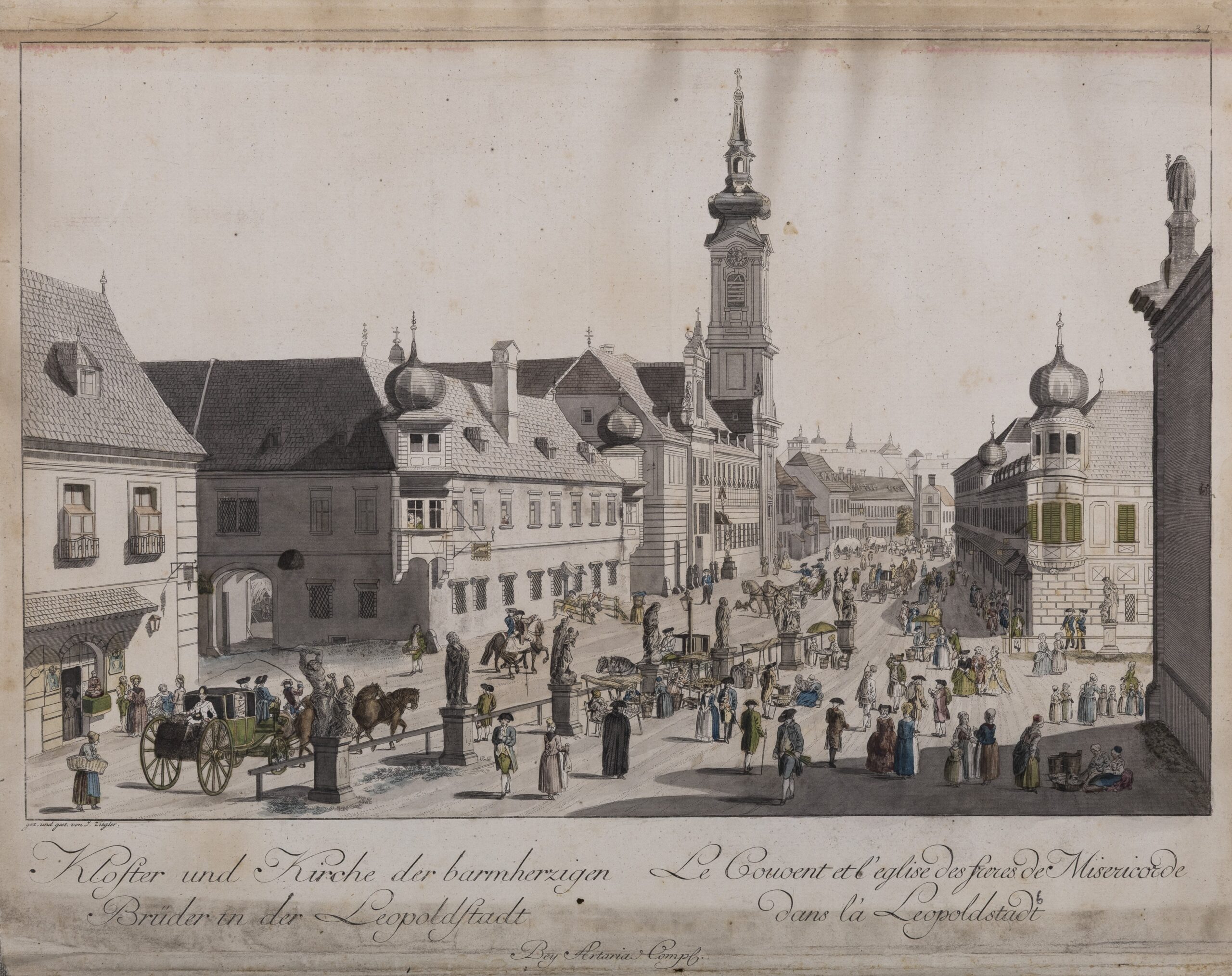In the eyes of the real-life Mátyás Ráby, almost everyone was an enemy. In his novel, Jókai kept the original names of some of the persons mentioned in Ráby’s Autobiography, took over the roles of others while changing their names, and invented several new characters. Two of the real-life foes stand out, who also made it into the novel: Péter Balogh de Ócsa (1748–1818) and Count Kristóf Niczky (1725–1787).
Balogh was the Count (Obergespan) of Zólyom County, later an imperial councillor, one of the most accomplished practising lawyers of his time. He was sent to Szentendre in 1785 as a bona fide royal commissioner (independent expert) in the wake of Ráby’s denunciations. Though he did identify problems in the course of a thorough investigation (such as an unnecessarily large body of officials and an absent register for the town’s tax base), Ráby was not satisfied with his findings, chose to ignore them, and continued to demand compensation for his damages even after the inquiry was closed. In the novel, Péter Balogh’s function is performed by János Zabváry, the prefect.
Count Niczky is one of the few characters in Ráby’s real-life story whose portraits have survived. Among other positions, he was president of the Hungarian Chamber in Pressburg (Bratislava) and later Lord Chief Justice, and, according to Ráby’s Autobiography, he tried to convince Joseph II of the dishonesty of Ráby. Like the latter, his character in the novel is a composite of fact and fiction. When it came to Niczky, Jókai did not rely solely on Ráby’s Autobiography, and took over personality traits from Ferenc Kazinczy’s memoir, Pályám emlékezete (Recollections of My Career). Kazinczy was the source for the expression that the count keeps using for satirical effect: ‘Bihászman?’ (i.e. ‘Wie heisst man?’, ‘What’s it called?’).
Jókai’s romantic hero does not fight either of them (and the real-life Ráby only wounded himself accidentally with his brother-in-law’s gun). However, in the novel, he does challenge Fruzsinka’s lovers to duels—though he does not come out of them victoriously. The fringia, a type of sabre that often makes an appearance in other novels by Jókai, gets stuck in its sheath, and he misses (and is missed by) General Lievenkopp in their pistol fight.
‘The two opponents looked at each other. Ráby was the first to raise a shoulder. Then Lievenkopp raised a shoulder. Then both raised both shoulders. Does this thing warrant two peace-loving men gunning each other down? They extended their hands at the same time and shook hands.’

